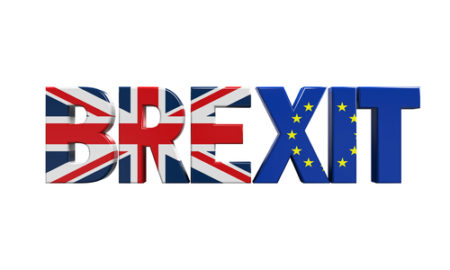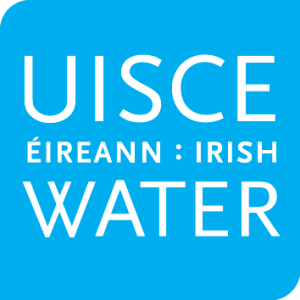8 September 2017
By Bryan Smyth
bryan@TheCork.ie

The pub and pub culture are vital to Cork’s tourism product—but fewer visitors from the UK will hamper growth, says new report
The experience of an authentic Irish pub, a live trad session and a taste of real Irish beer and whiskey are top of tourists’ ‘to-do’ lists on their visit to Ireland—but the impact of Brexit and high alcohol excise tax will hamper drinks industry growth, and with it, the tourism sector.
This is according to a new report published this week, “The Contribution of the Drinks Industry to Irish Tourism”, commissioned by the Drinks Industry Group of Ireland (DIGI) and authored by Dublin City University economist Anthony Foley.
A Failte Ireland survey found that 80 percent of all overseas visitors to Ireland picked the Irish pub as the most influential factor in booking their trip here, and also said it was an attraction they most wished to visit on their holiday.
Key report findings include:
- 83 percent of visitors said they listened to music in an Irish pub on their holiday, the highest ranked answer; this figure is 88 percent for North American visitors;
- Tourists spend over a third (34 percent) of their holiday budget on food and drink; this figure rises to 40 percent for British tourists;
- Half of all overseas visitors to Dublin visit the Guinness Storehouse;
- The drinks industry is one of Ireland’s biggest exports: Jameson is drunk in 120 countries, Baileys in 130 and Guinness in 150.
“While it is very encouraging to learn that overseas visitors are excited to enjoy Ireland’s drinks industry businesses,” said Michael O’Donovan, Chairperson of Cork VFI, “our tourism sector remains overly reliant on the UK, a market that is set for years of economic uncertainty.”
British tourists account for 41 percent of all visitors to Ireland, the country’s largest single market. British tourists spent €1.1 billion in Ireland in 2016, but a 6.2 percent drop in their numbers in the first seven months of 2017 compared to last year would equate to revenue loss of €68.2 million if the trend continues.
The value of sterling against the euro, too, has plummeted since the UK’s EU referendum last June, making Ireland a more expensive holiday destination. If the currencies reach parity by the end of year, as predicted by Morgan Stanley, British tourists could continue to look to cheaper destinations on the European mainland or at home.
Tourism in Cork is a hugely important industry and generates €784 million of tourism spending annually. The sector is critically important to tourist towns like Cork and Bantry. There are 1,320 pubs, 284 licenced restaurants, 63 hotels, 369 off-licences, 48 wholesalers and 16 producers in Cork.
“The drinks industry is inextricably wound up in Ireland’s tourism product. With the pub the tourist’s top draw, it makes sense that the Government properly safeguard this essential network of businesses by easing their tax burden, allowing them to become more price competitive and increase their earning potential,” said Michael O’Donovan
To safeguard drinks industry jobs, DIGI is seeking a reduction in alcohol excise tax in Budget 2018—what it is calling the ‘Brexit Budget’.
“Without any change to this country’s high, even punitive, alcohol excise tax, a continued drop in sterling will further undercut Ireland’s tourism competitiveness. Fewer British tourists will patronise the drinks businesses that are so important to the tourism sector,” said Michael O’Donovan.
The drinks industry directly employs 92,000 people in Ireland, in pubs, restaurants, hotels, off-licences, distilleries and microbreweries, as well as other related businesses, nationwide. Annually, it exports goods worth €1.25 billion and generates €2.3 billion for the Exchequer.
“Any decline in tourism numbers will impact rural Ireland, including towns in Cork, the most. In some parts of the country, the tourism sector is the major and, in some cases, only employer. This could lead to job losses and business closures,” he said.
“The Government must set out clear and actionable measures in this year’s ‘Brexit Budget’, including pro-enterprise and pro-growth measures, like a reduction in alcohol excise tax. In addition to helping drinks industry and tourism sector businesses, it will put the Government on a more certain path to achieving its 2025 targets.”


